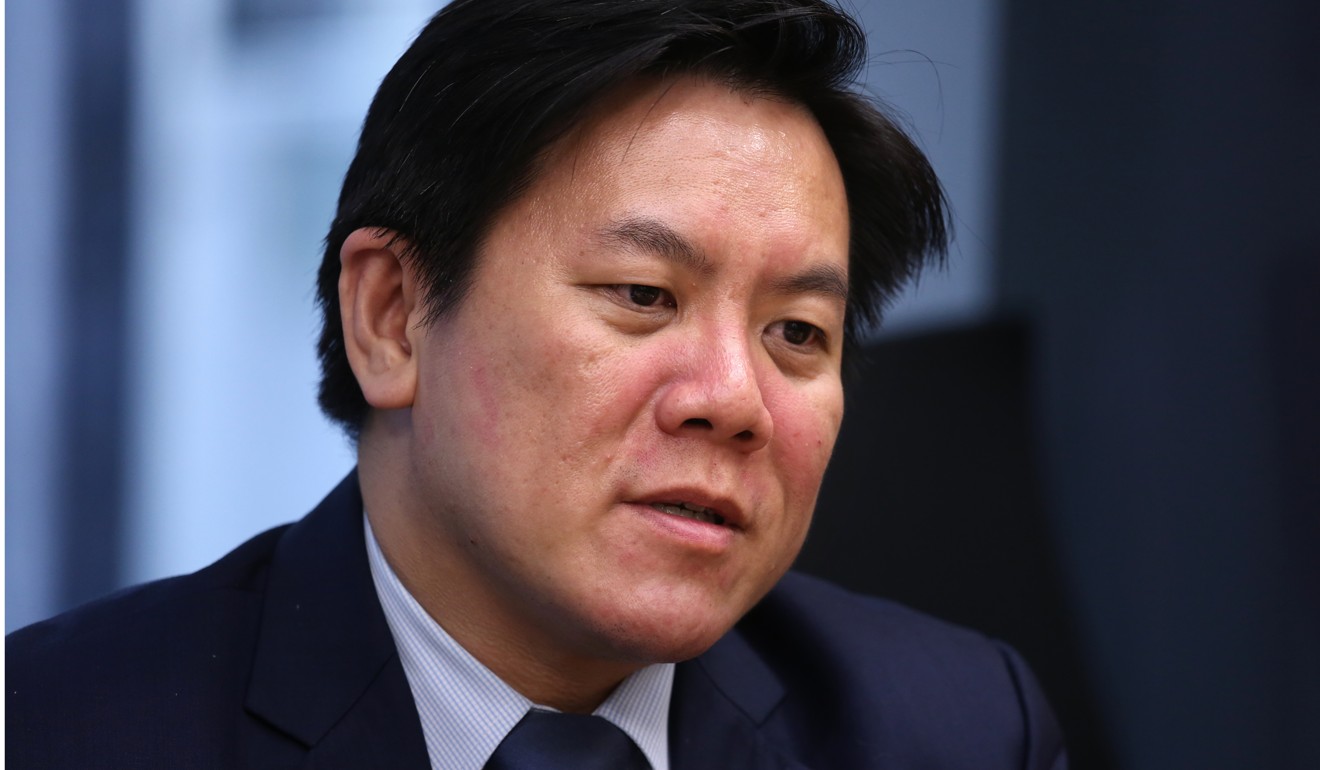
Singapore Exchange brings dual-class IPO battle to Hong Kong, offers better listing terms
Singapore Exchange officials say two massive Hong Kong-based companies plan to list around July and August
Singapore Exchange (SGX) expects to let the first company with a dual-class share structure list in the second half of this year as it looks to complement the Chinese onshore and Asian capital markets in allowing tech firms to raise funds, bourse officials told a media briefing in Hong Kong on Friday.
Chew Sutat, executive vice-president of SGX said that a couple of “multibillion-dollar market cap” companies from Hong Kong are planning to list in Singapore in July and August, including one with a dual-class listing structure that has operations in Hong Kong, Southeast Asia and China.
Hong Kong and Chinese companies make up 20 per cent of the market cap of companies listed in Singapore, according to Chew.

“We see ourselves playing an offshore complementary role to the emerging markets in Asia and that includes China and to a certain extent Hong Kong companies that are looking to expand overseas,” Chew said.
Singapore is expected to release its dual class share rules in the coming weeks and aims to be a lot more freer than other markets.
“For example, if you list an IPO in Hong Kong, the cornerstone investor is expected to be locked up for six months, but Singapore will not have that issue,” Chew said.
Singapore may provide value when it come to the Chinese companies expanding their international business, and is likely to continue to attract consumer, tech, health care, REITs and infrastructure companies that want to extend their “overseas ambitions”, he said.
Nearly 40 per cent of all companies listed on SGX are international and account for more than 50 per cent of total market cap. Whereas only 6 per cent of all companies listed on Hong Kong stock exchange are non-Chinese companies, according to data from the two exchanges.
Hong Kong’s revamped IPO rules will take effect soon, allowing start-ups valued at US$1.5 billion to list shares under a dual-class shares scheme. Chinese smartphone giant Xiaomi has chosen the city over New York for its mega-IPO because of the planned reforms.
But Singapore is a more international market than Hong Kong in terms of investors and companies that raise capital, Chew said.
“When it is a Chinese focused technology business Hong Kong does better; we acknowledge that. But when it is pan-Asia business and Southeast Asia business then we a little bit better off,” he added.
Chinese technology businesses developing international applications and looking to expand such as into South East Asia and South Asia under China’s Belt and Road Initiative may choose Singapore to obtain better valuations and attention.
International investors from the US, Japan and Korea that want to invest in emerging Asia, Southeast Asia, and South Asia but cannot get access to the markets directly could also use Singapore to invest into these companies.
“The Singapore Exchange is a far more international destination,” Chew said.

